If you’re considering immigrating to the United States through marriage, whether through a spousal visa or a fiancé(e) visa, it’s essential to understand the requirements and implications for your children. U.S. Immigration law allows you to bring your children along as part of your petition, provided they are under 21 years of age and unmarried.
Spouse Visa and Children Over 18
A U.S. Citizen can petition for a foreign national spouse to immigrate to the United States. In addition to your spouse, you may be able to include their children on your application as “derivative beneficiaries” – this includes children who are under 21 years old and unmarried.
However, here’s the crucial detail: U.S. Immigration Law allows certain immediate relatives of a U.S. Citizen to become Lawful Permanent Residents (green card holders). An unmarried child of a spouse of a U.S. Citizen below the age of 21 is only considered an Immediate Relative so long as their parent’s marriage to the U.S. Citizen took place before they turned 18.
Κ-1 Fiancé(e) Visa and Children Over 18
The Fiancé(e) visa (K-1) allows a foreign national to enter the U.S. to marry a U.S. citizen, with the requirement that the marriage takes place within 90 days of arrival. The K-1 visa allows the petitioner to include unmarried children under the age of 21 as derivative beneficiaries, allowing them to enter the U.S. alongside their parent.
If your child is over 21 at the time of submitting your K-1 petition they would not be able to accompany you under the K-1 visa.
Key Takeaways
Taking the above into consideration, it would seem that if you are a foreign national with a child over 18 years old but under the age of 21 and wish to join your U.S. Citizen partner in the U.S. the K-1 Fiancé(e) visa is the best option for you.
Aging Out of the Process
A common concern for partners of U.S. Citizens who wish to bring their child with them to the U.S. is what happens if the child is nearing 21 years of age. If someone applies for lawful permanent resident status as a child (keep in mind that one is considered a child for immigration purposes only if they’re under 21 and unmarried) but turns 21 before being approved, that person can no longer be considered a child for immigration purposes, that means they are “aging out” of eligibility. Fortunately, the Child Status Protection Act (CSPA) may offer a solution. The CSPA allows certain children who turn 21 during the immigration process to retain eligibility as a derivative beneficiary. The key is to determine whether the child’s age is “frozen” under the CSPA. The law works by subtracting the time your petition was pending from your child’s age at the time of visa approval. If the remaining age is under 21, the child may still be eligible.
Why Work with an Experienced Immigration Attorney?
At Rokas Law Office PLLC we specialize in family-based immigration, and our expert legal team is here to help you bring your loved ones to the United States. Whether you’re looking to bring your spouse, fiancé, or children, we provide personalized legal services to guide you through every step of the immigration process.
Contact us today for a consultation and take the first step toward reuniting with your family in the U.S.








